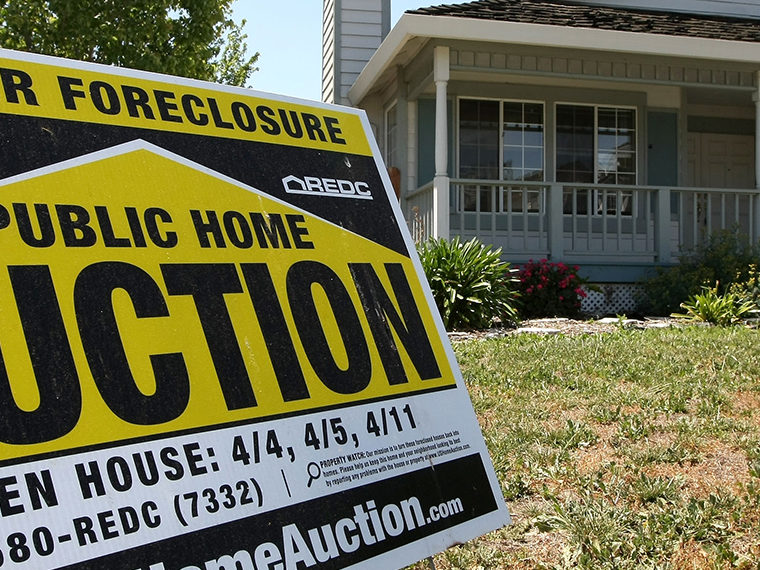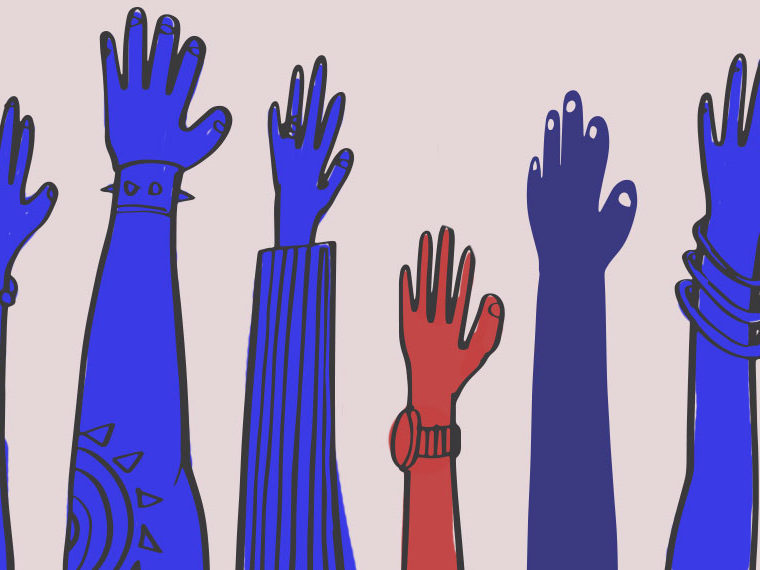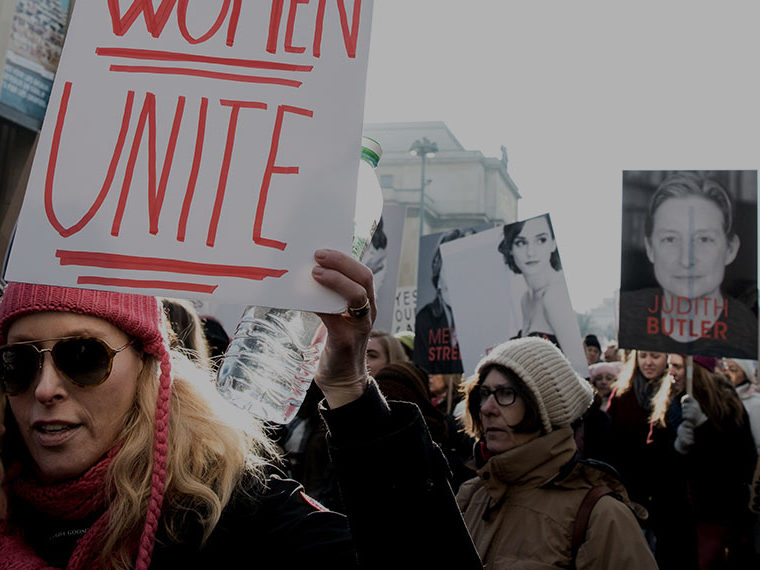Cell phone location data and local voting records measure discord
“Pass the mashed potatoes, please,” may be the safest holiday table conversation for friends and family that aren’t politically aligned.
In a survey last summer of more than 5,000 adults, Pew Research Center found that the record level of partisan differences seen during the Obama years has deepened. A 29-percentage-point gap in views of the role of government assistance for the needy in 2011 is now 47 percentage points. On the question of whether “immigrants strengthen the country with their hard work and talents,” a 22-point divide between Democrats and Republicans in 2011 is now 42 points.
Those gaping political divides seem to be fraying the ties that bind friends and family. While there are plenty of surveys documenting individuals’ self-reported coping mechanisms for dealing with political divisiveness, research from Anderson’s M. Keith Chen and Ryne Rohla of the School of Economic Sciences at Washington State University provides data-driven evidence that politics is impacting personal relationships.
Opt In to the Review Monthly Email Update.
They pored over cell phone location-tracking data for more than 10 million Americans on Thanksgiving Day 2016 — just a few weeks after the U.S. presidential election — to study whether the time people spent together on Thanksgiving was impacted by political differences. Their data set, while representing only the 77 percent of Americans with smartphones, was in sync with the national party shares for Republicans and Democrats.
The location data was supplied by Safegraph, which tracks location pings from multiple smartphone apps. In November 2016, Safegraph collected more than 45 billion pings in the continental U.S. The researchers zeroed in on individuals who remained home for the holiday and only traveled a short distance between 1:00 p.m. and 5:00 p.m. on Thanksgiving, ostensibly to enjoy a holiday meal with friends or family. People in the day-tripper subset would seemingly have more control over how long they chose to hang out at a Thanksgiving celebration, relative to someone who made a big out-of-town schlep to visit family or friends.
To get at likely voting habits of Thanksgiving hosts and guests, the researchers compiled precinct-level voting records. Their data set covers more than 172,000 voting precincts and captures more than 95 percent of all votes cast in the 2016 presidential election.
Gatherings where there was not party unanimity were cut short. Get-togethers that included divergent political leanings were about 22 to 27 minutes shorter than if the host and guest were politically aligned. “We estimate 27 million person-hours of cross-partisan Thanksgiving discourse were lost in in 2016,” the authors wrote in Politics Gets Personal: Effects of Political Partisanship and Advertising on Family Ties. The desire to cut the meal short had a sharp party divide. When Democrats spent Thanksgiving at a Republican home they didn’t significantly shorten their visit. When Republicans were hosted by Democrats, the Republican visit was shortened by more than 40 minutes compared to party-aligned gatherings. The authors surmise that “Republicans were more sensitive to partisan differences at Thanksgiving dinners.” What couldn’t be divined from the data is whether Democratic hosts fueled that sensitivity.
Political advertising also contributed to shortening Thanksgiving meals. Chen and Rohla report that for every thousand traditional (television/radio) political ads aired in the traveler’s home media market, a Thanksgiving visit was shortened by 1.5 minutes. “In swing states such as Florida, media markets saw over 25 thousand ads over the course of the campaign, implying a 1.2 hours shorter Thanksgiving for vote-mismatched families.” The research did not measure the impact of social media advertising.
Political divides may have been a less potent side dish this year. Using a smaller cell phone data set, Chen and Rohla found that in the less charged post-election season of 2015, the duration of Thanksgiving gatherings was not impacted by political divisiveness.
Pumpkin pie, anyone?
Featured Faculty
-
M. Keith Chen
Professor of Economics
About the Research
Chen, K.M., & Rohla, R. (2017). Politics gets personal: Effects of political partisanship and advertising on family ties.






